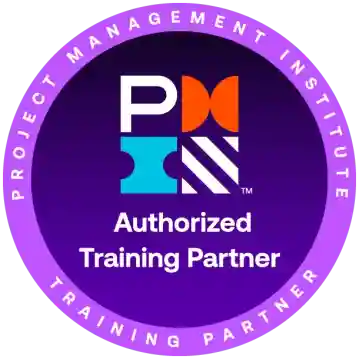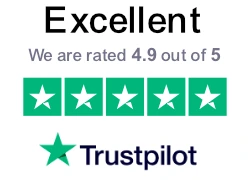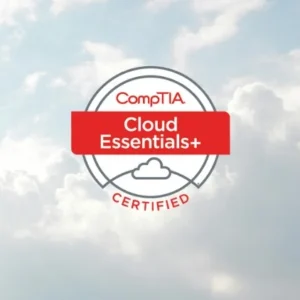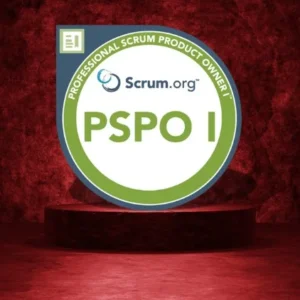Ace Your Data Engineering Interviews with Confidence and Clarity
Cracking a data engineering interview requires more than knowledge—it demands structured thinking, real-world problem-solving, and hands-on technical fluency. This Data engineering Interview Practice tests course with 6 practice tests and 600+ practice questions is designed to simulate the actual interview experience and equip you with the skills and insights needed to succeed.
Data engineering roles are among the most sought-after and technically demanding positions in today’s job market. Employers expect candidates to demonstrate practical experience with pipelines, query optimization, data modeling, and system scalability. This Data engineering Interview Practice tests course gives you the rigorous preparation needed to stand out—whether you’re targeting entry-level roles, promotions, or top-tier companies.
Enroll now to take your interview readiness to the next level—become the data engineer who thinks clearly, builds reliably, and communicates with confidence.
Gururo is a PMI Authorized Training Partner
At-a-glance
Best for
- Aspiring data engineers
- Software developers
- University students
- Anyone Serious
Why Gururo?
- Lowest Cost
- PMI Authorized Training Partner (ATP)
- 24*7 Support
- 365 days access
Course Details
- 6 full-length DE mock exams
- 600+ challenging questions
- Instant Access
- Certificate of Completion
Highlights
- Realistic Exam Simulation
- Aligned with actual exam blueprint
- Progress Tracking & Review option
- Unlimited Attempts
What You’ll Learn
- Solve technical data engineering questions covering SQL, ETL, data modeling, and system design.
- Design scalable data pipelines using tools such as Apache Airflow, Spark, and Kafka.
- Optimize relational and distributed data queries for performance and reliability.
- Interpret business requirements to design normalized and denormalized data models.
- Apply best practices in data ingestion, transformation, and storage across cloud platforms.
- Prepare for real-world system design interviews by structuring answers with clarity and precision.
- Write efficient SQL queries to handle complex analytical and reporting requirements.
- Troubleshoot pipeline failures and identify performance bottlenecks in distributed systems.
- Demonstrate understanding of data governance, privacy, and quality frameworks in engineering.
What you'll gain:
- Realistic interview scenarios across SQL, data modeling, ETL, and system design.
- Practice solving pipeline failures, optimization issues, and architecture questions.
- Experience writing performant SQL queries for complex business use cases.
- Mastery of data modeling principles for relational and NoSQL systems.
- Awareness of trade-offs in batch vs. stream processing and cloud-native architecture.
- Insight into metrics, monitoring, and data quality frameworks expected in modern data teams.
- Familiarity with interview formats used by leading employers (Google, Amazon, Meta, etc.).
Course Requirements / Prerequisites
- Familiarity with core SQL syntax and query writing is essential.
- Basic understanding of data pipeline concepts and ETL workflows.
- Exposure to one or more cloud platforms (AWS, GCP, Azure) is helpful but not mandatory.
- Experience with Python or Java for data processing tasks is advantageous.
- Access to a local or cloud-based SQL environment for hands-on practice.
- Curiosity about solving real-world data architecture and design problems.
- Mindset geared toward problem-solving, system thinking, and optimization.
- Willingness to work through both theoretical and practical data challenges.
- Comfortable with reading code snippets, schemas, and pipeline diagrams.
- No prior interview experience required—this course supports all preparation stages.
Who Should Take This Course?
- Aspiring data engineers preparing for technical interviews at startups and enterprise tech firms.
- Software developers transitioning into data engineering roles.
- Analysts seeking to deepen their engineering skills for more technical positions.
- Bootcamp graduates or self-taught learners looking to validate their readiness.
- University students preparing for internship or entry-level data engineering interviews.
- Experienced engineers brushing up for promotions or FAANG-level interview loops.
- Freelancers and consultants aiming to standardize their engineering problem-solving approach.
- Career switchers with backgrounds in IT, DevOps, or data science.
- Engineering managers mentoring junior staff on interview readiness.
- Anyone wanting to sharpen system design, SQL, and architecture skills for data infrastructure roles.



















